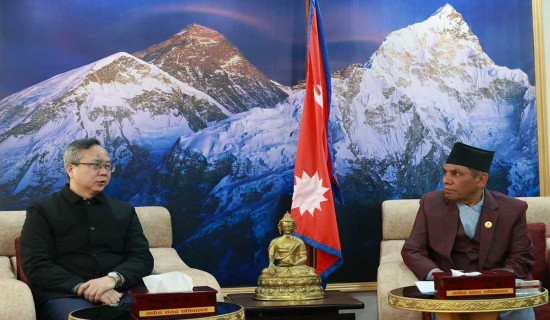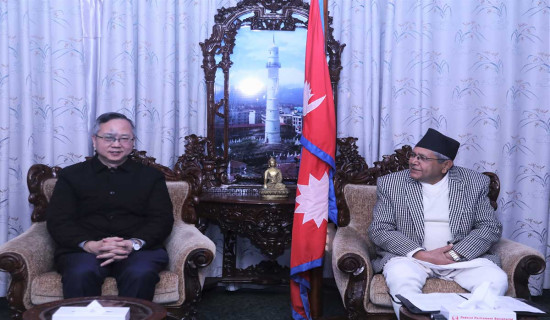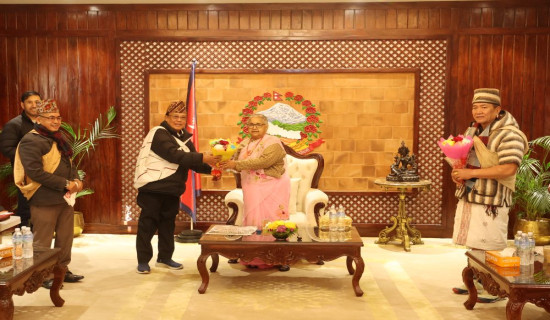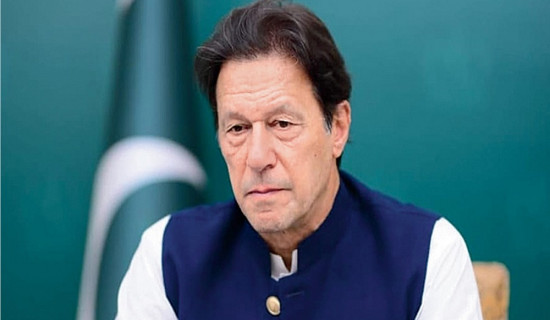- Sunday, 21 December 2025
India-Pakistan conflict and subcontinent's future
Muhammad Zamir Assadi
In
the pre-dawn hours of Wednesday, South Asia witnessed a catastrophic turn in
its already fragile security calculus. India, initiated "Operation Sindoor" and unleashed a barrage of missile, drone, and air
strikes on Pakistani civilian areas in Punjab and Azad Jammu and
Kashmir—killing 26 innocent people, including women and children.
Pakistan called the attack “an act of war.” Strikes on non-military targets—mosques,
homes, and public infrastructure—shatter any pretense of precision or justification.
Lt. Gen. Ahmed Sharif Chaudhry of the Pakistan military made the country’s
position clear, saying, 'This is not self-defense; this is naked aggression'.
India claims its actions were retaliatory—linked to the recent Pahalgam attack in India-administered Kashmir. But Islamabad did not only deny involvement, it invited the world to inspect the alleged “terror camps” India referenced. International journalists found nothing. The facts on the ground did not matter. And so, New Delhi chose missiles over dialogue.
Pakistan's
retaliation was swift. Within hours, according to Pakistan's military, Indian aircraft and drones were downed.
Military installations near the Line of Control were destroyed. These
counterstrikes, carried out under Article 51 of the UN Charter, served both as
deterrent and declaration: Pakistan will not bow to unprovoked aggression.
Yet
the cost of India’s recklessness rippled far beyond the battlefield. Air
traffic was disrupted, civilian flights from Gulf states were endangered, and
Pakistan was forced to ground commercial aviation across the north. India’s
choices put not only Pakistani lives at risk—but regional stability and
international norms as well.
Behind
this matter lies a deeper concern: the timing. With Indian elections around the
corner and nationalist rhetoric dominating public discourse, one cannot ignore
the possibility that this escalation was politically choreographed.
Manufacturing conflict as a campaign tool is not just cynical—it is criminal.
Even
more disturbing is reported India’s attack on the Neelum–Jhelum Hydropower Project and
its move to restrict Indus River water flows to Pakistan—an alarming and
deliberate breach of the 1960 Indus Waters Treaty. The weaponization of water
amounts to environmental warfare. As international law expert Dr. Amina Khan
rightly notes, 'this is more than provocation—it is a war crime'.
Inside
Pakistan, unity prevails. Common people do not want war and Pakistan wants peace. But it will not accept peace at
the barrel of an Indian missile. It has called for independent international
investigations, shared satellite imagery, and submitted dossiers to the UN
Security Council. The path forward must not be dictated by military strength
but by legal and moral clarity.
India's
actions have turned a regional rivalry into a global crisis. This is no longer
a bilateral issue—it is a test of international resolve. The world must now
decide: will it reward aggression with indifference, or will it stand for law,
sovereignty, and the sanctity of civilian life?
The answer, delayed or not, will define more than just the subcontinent’s future.
(Assadi is a journalist based in Pakistan)



-original-thumb.jpg)


-(1)-original-thumb.jpg)








